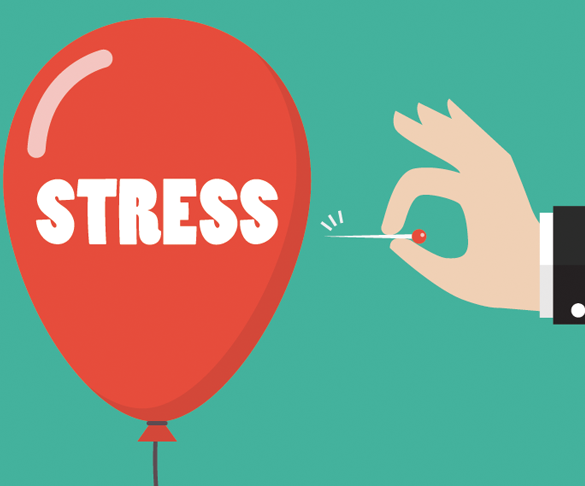10 Healthy Sleep Hygiene Habits for Better Sleep

Are you struggling to get a good night's sleep?
It's time to examine your sleep hygiene habits. In this blog post, we will delve into what sleep hygiene is and how it can impact your overall well-being.
Discover 10 practical tips to improve your sleep hygiene and achieve restful, rejuvenating sleep.
1. Keep a consistent sleep schedule:
Maintaining a regular sleep schedule is crucial for optimal sleep quality. We explore the importance of syncing your internal clock and provide insights into how a consistent sleep schedule can help reduce daytime sleepiness.
2. Create a relaxing bedtime routine:
Establishing a relaxing routine before bed helps signal your body that it's time to sleep. We delve into the importance of a consistent routine and provide various activities that promote relaxation, such as taking a warm bath or shower, practicing gentle stretches, meditating, and reading a book (avoiding electronic devices).
3. Turn off electronic devices before sleep:

Electronic devices emit blue light, which can disrupt your sleep-wake cycle. We discuss the negative effects of blue light and provide tips on minimizing their impact, including setting device-free zones and using blue light filters or glasses.
4. Exercise regularly:
Regular exercise has a positive impact on sleep quality. We explore the connection between exercise and better sleep, along with recommendations for the best time to exercise (avoiding vigorous activity close to bedtime) and the benefits of outdoor exercise for regulating your sleep cycle.
5. Limit your caffeine intake:

Caffeine is a stimulant that can interfere with your ability to fall asleep. We delve into the effects of caffeine on sleep and provide practical tips for managing your intake, including limiting consumption to the morning hours and being aware of individual sensitivity to caffeine.
6. Make your sleep environment work for you:
Your sleep environment plays a significant role in sleep quality. We discuss the importance of a cool, dark, and quiet room, optimal temperature settings, choosing a comfortable mattress and pillows, and utilizing tools like blackout curtains and earplugs to create an ideal sleep environment.
7. Use your bed only for sleep and sex:
Maintaining a strong association between your bed and sleep is crucial. We explain why engaging in activities like reading, working, or watching TV in bed can disrupt your sleep and provide suggestions for alternative relaxing activities before transitioning to bed.
8. Go to bed only when you're tired:
Trying to force sleep when you're not truly tired can lead to frustration and difficulty falling asleep. We emphasize the importance of going to bed when you genuinely feel tired and provide tips for managing restlessness, such as engaging in a relaxing activity until you feel ready for sleep.
9. Limit napping:
Daytime napping can interfere with nighttime sleep. We discuss the impact of napping on sleep patterns and provide guidelines for incorporating short, strategic naps into your routine to avoid disrupting your overall sleep schedule.
10. Manage stress before going to bed:

Stress and anxiety can significantly impact your ability to fall asleep. We explore effective strategies for stress management before bedtime, such as writing down worries, prioritizing tasks, utilizing a weighted blanket, and practicing meditation or relaxation exercises.
Prioritizing sleep hygiene is essential for optimal mental and physical health. Remember, if sleep problems persist, it's crucial to consult with a healthcare professional to address any underlying issues. Embrace these habits and embark on a journey toward restful and rejuvenating nights of sleep.